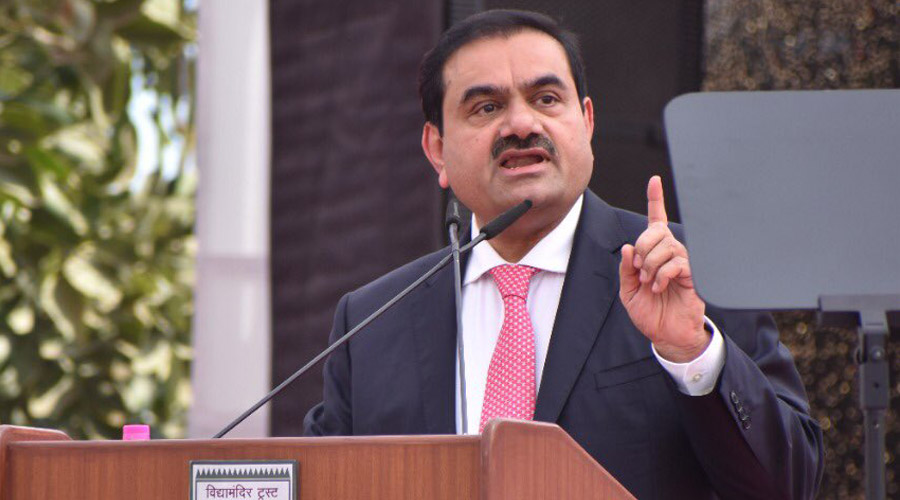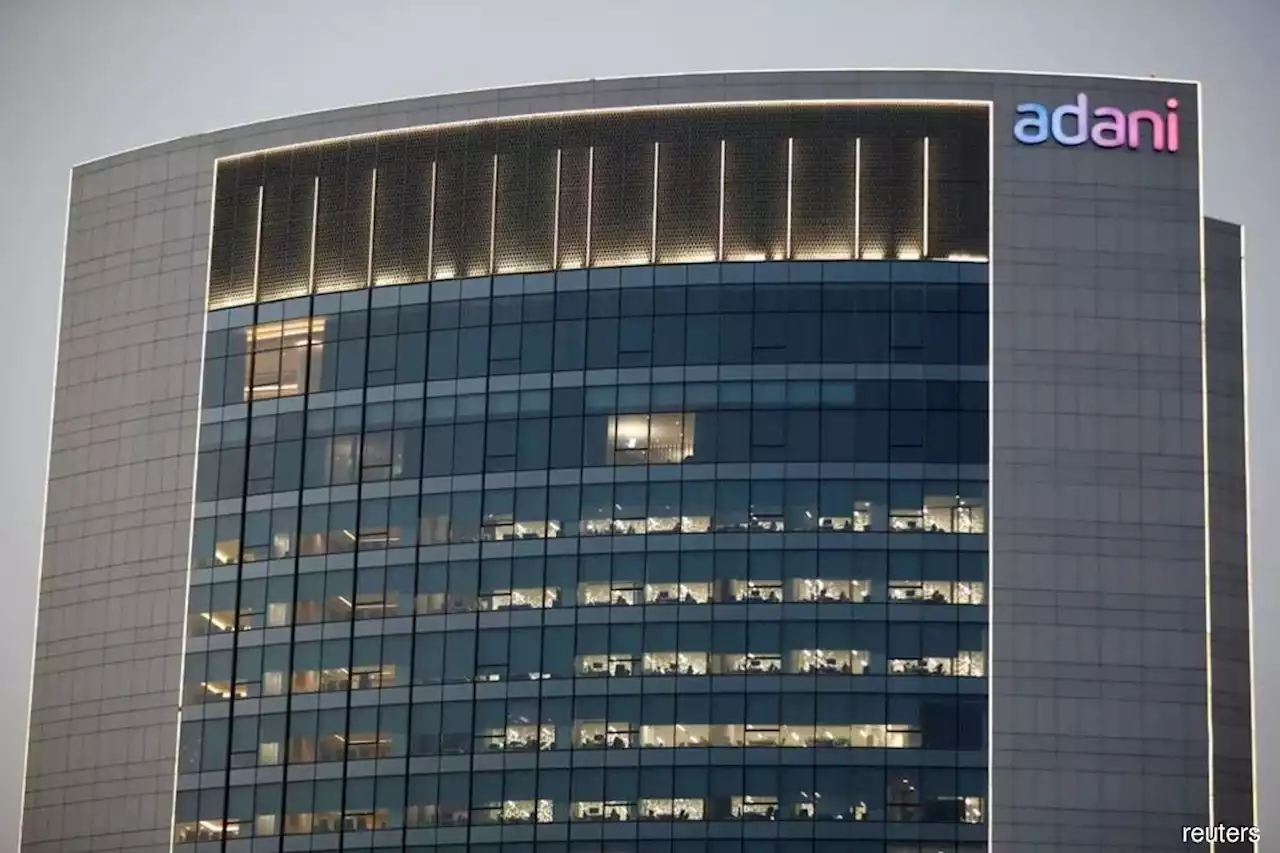The government on Wednesday declined to comment on the fraud allegations made against Adani Group by a US short seller, which led to a massive USD 90 billion share market crash, stating that it does not comment on specific company matters.
During the post-Budget interaction with the media here, Economic Affairs Secretary Ajay Seth stated, “We in government don’t respond to issues related to a particular company.”

Adani Group is one of India’s largest conglomerate companies, with interests in several industries, including ports, logistics, agribusiness, real estate, and renewable energy.
As for why the government doesn’t resolve specific company issues, it’s important to note that governments typically maintain a stance of impartiality and avoid intervening in the affairs of individual companies.
The government’s role is to enforce laws and regulations fairly and resolve disputes through established legal processes.
Governments may not respond to issues related to a particular company for a variety of reasons. Some of the reasons could be:
Lack of jurisdiction: The government may not have the authority to intervene in matters related to the company, especially if the company operates in a different country.
Insufficient evidence: The government may not have enough evidence to support claims of wrongdoing by the company.
Political considerations: The government may choose not to respond to an issue related to a company due to political considerations, such as a fear of damaging relations with the company or other countries.
Limited resources: The government may not have the resources or manpower to respond to every issue related to every company.
Priorities: The government may prioritize other issues over those related to a particular company.
It’s important to note that the lack of response from the government does not necessarily mean that the issue is not being addressed.
Private organizations, such as watchdog groups and media outlets, may be investigating the matter and working to bring attention to it.
In some cases, government intervention may be necessary to address systemic issues or ensure the public’s interest, but the decision to intervene is made on a case-by-case basis, taking into account a range of factors such as the nature of the issue and its impact on the public and the economy.
Governments may not involve themselves in a company’s crisis for various reasons, including:
Market-driven solutions: Governments may believe that market-driven solutions, such as bankruptcy proceedings, are the best way to address a company crisis.
Political considerations: The government may choose to stay out of a company crisis if it feels that its involvement could have negative political consequences, such as damaging relationships with other countries or industries.
Neutrality: The government may choose to maintain a neutral stance in a company crisis to avoid appearing partisan or favoring one side over another.
It’s worth noting that the lack of government involvement in a company crisis does not mean that the crisis will go unaddressed.
Other parties, such as stakeholders, creditors, and private organizations, may take action to address the crisis.

Following a damning report from US-based short seller Hindenburg Research, Chief Economic Advisor (CEA) V Anantha Nageswaran on Tuesday also declined to comment on the effects of the decline in Adani Group shares.
Amid worries over the report from US-based short seller Hindenburg Research, shares of Adani Group companies fell on Wednesday and have lost more than Rs 7 lakh crore, or about 38% of their total market cap, in the previous five trading sessions.
Stocks of the Gautam Adani-led company have fallen significantly since Hindenburg’s report made a long list of accusations against it, including share price manipulation and fraudulent transactions.
Despite the allegations being denied by the conglomerate, Hindenburg published the report on January 24, the day anchor investors could purchase shares of Adani Enterprises worth Rs 20,000 crore.
All of the group companies ended Wednesday’s trading session in the red, with shares of three companies reaching their lowest price range.
Adani Enterprises’ stock fell 28.45% to close at Rs 2,128.70 on the BSE, even though the company’s Rs 20,000-crore share sale was successful on the last day on Tuesday thanks to non-retail investors’ heavy volume bidding.
Retail investors and company employees, however, gave a muted response.
Adani Total Gas fell 10%, Adani Green Energy fell 5.78%, Adani Wilmar dropped 4.99%, Adani Power fell 4.98%, and Adani Transmission fell 2.46 %, while Adani Ports and Special Economic Zone saw a 19.69% decline in their stock price.
However, it’s important to note that companies, including large conglomerates like Adani Group, can experience losses as a result of various factors, such as changes in market conditions, competition, and unexpected events.
It’s also worth noting that losses are a normal part of doing business and do not necessarily indicate a permanent or insurmountable financial situation for a company.
Ambuja Cements also experienced a 16.56% decline, ACC experienced a 6.34% decline, and NDTV experienced a 4.98% decline.
Also, read these articles.

















